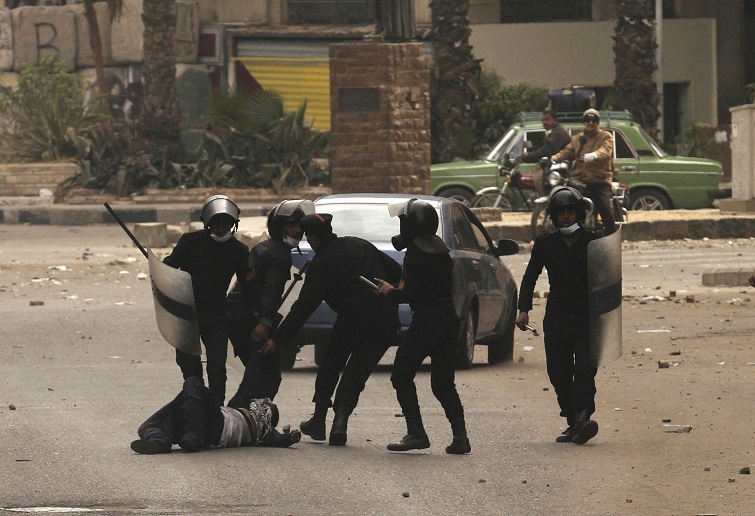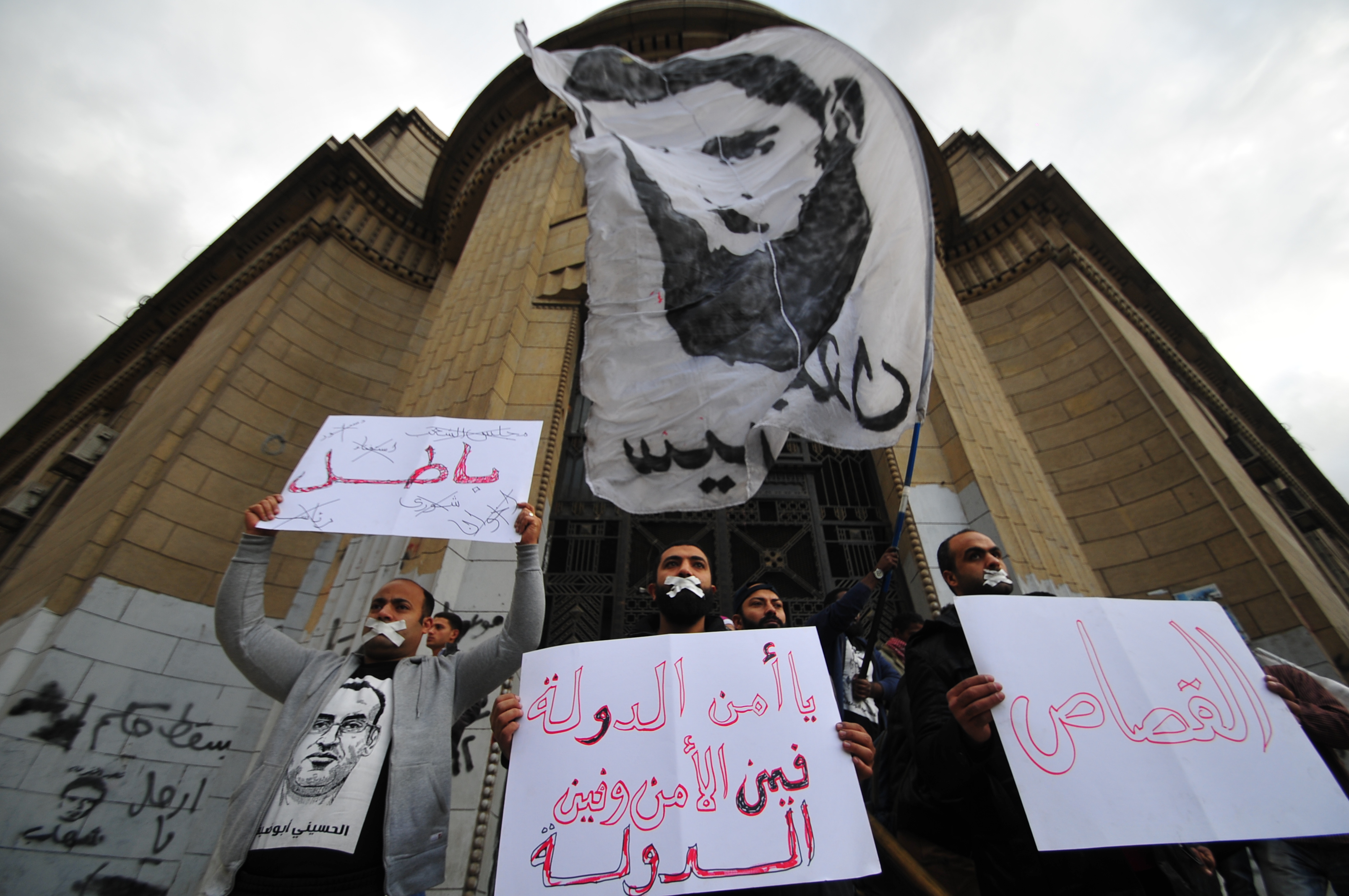A medical student named Ahmed Kamal died on Monday after being arrested by police forces, with his family accusing the security apparatus of torturing him to death. His body was found at the Zeinhom mortuary after officials called his family.
His family says that Kamal was sentenced to two-year in prison in absentia for protest-related charges.
However, police say that Kamal was arrested in a brothel in Nasr City and died during a police raid. The police added that he tried to escape from the police and jumped from the second floor of the raided building. Another female suspect was reportedly injured during the incident, according to the police narrative.
The prosecution is currently investigating the case of Kamal’s alleged death during the raid. His family says that the prosecution does not want to document their accusation that the police killed their son.
The victim’s brother, Mohamed, said in a post on social media that he found that his brother’s skull had been broken and his nose was bleeding. A photo of Kamal’s body was circulated showing bruises on his face.
The death of Kamal sparked outrage among circles of students, who told Daily News Egypt that the deceased was “religious” and would never go to a brothel. They added that: “So Khaled Said [a torture victim who was beaten to death by two officers] was accused of selling narcotics; and the police have accused Kamal of visiting brothels.”
The police refused to comment on the incident to Daily News Egypt, only saying that the matter is now in the hands of the prosecution.
In cases of death in detention or in police custody, the Ministry of Interior, its media arms, and the pro-government media usually state accusations (criminal or moral) and former charges of the victims.
The Ministry of Interior however denies that it practices any kind of force against detainees or prisoners, amid a rising number deaths among of civilians who interact with police personnel, officially or unofficially. During arrests, investigations, and raids, people have died due to ill-treatment, lack of medical care, or violence. Unofficially, however, many deaths are reported to take place during arguments or acts of bullying.
Any critical comments about the phenomenon of torture and mistreatment in ministry facilities are met with accusations of belonging to or being affiliated to the now outlawed Muslim Brotherhood group. While in the meantime, no discussion of this phenomenon takes place in state-controlled media or the private business pro-state media.
Torture is one of the main issues that agitated thousands of Egyptians in the 25 January Revolution in 2011, along with harsh economic conditions and low standards of living, as well as the absence of freedom of speech.
While dozens of Egyptian citizens died in police stations and detention centres, the parliament discussed the issue only once, when a member of parliament’s relative was arrested on charges of assault and harassment.


